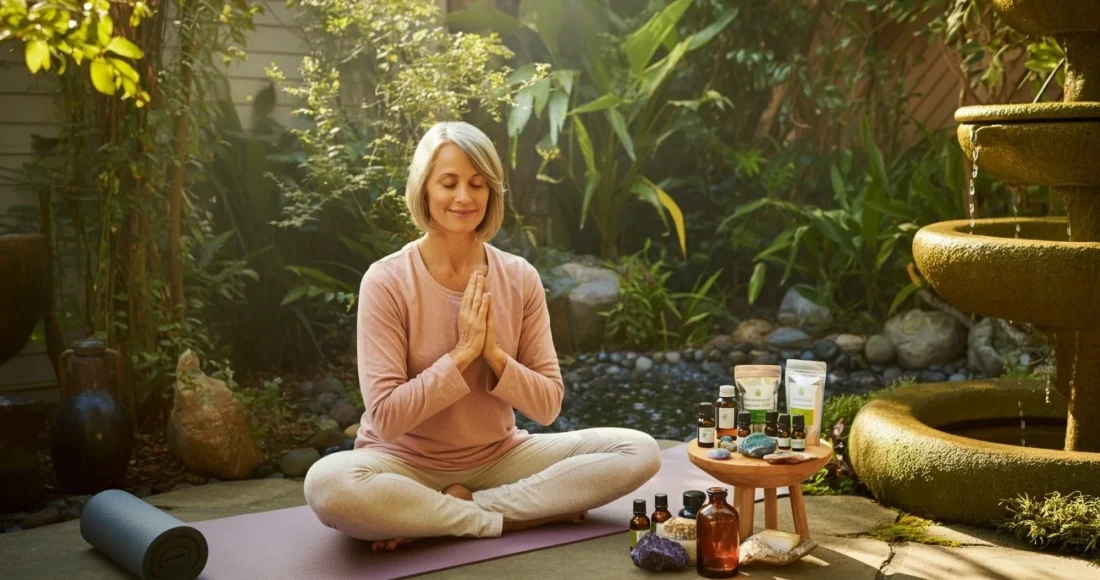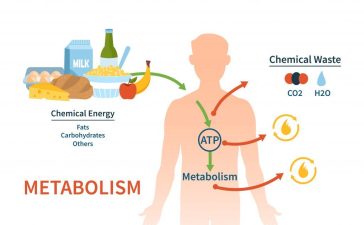
In the past few decades, healthcare has expanded far beyond hospitals, prescriptions, and routine checkups. While conventional medicine remains essential for acute care and emergencies, more people are turning toward alternative health practices to support overall well-being. This shift reflects a growing desire for holistic, natural, and preventative approaches to health.
Alternative health is not about rejecting science or medicine. Instead, it emphasizes balance—treating the body, mind, and spirit as interconnected systems. By combining ancient traditions, natural remedies, and modern research, alternative health provides a more personalized way to achieve wellness.
What Is Alternative Health?
Alternative health, sometimes called complementary or holistic health, refers to practices outside mainstream Western medicine. These approaches focus on natural healing, prevention, and supporting the body’s ability to restore itself.
Some of the most common practices include:
-
Herbal medicine – using plants and natural extracts for healing.
-
Acupuncture – stimulating energy flow through fine needles.
-
Chiropractic care – aligning the spine and musculoskeletal system.
-
Ayurveda and Traditional Chinese Medicine (TCM) – ancient systems of holistic health.
-
Mind-body practices – yoga, meditation, tai chi, breathwork.
-
Naturopathy – combining natural therapies with lifestyle changes.
While each has its own philosophy, they all share a belief in treating the whole person, not just isolated symptoms.
Why People Choose Alternative Health
There are several reasons why alternative health has gained popularity worldwide:
1. A Desire for Natural Healing
Many people want to reduce reliance on synthetic drugs and instead use remedies with fewer side effects. Herbal teas, essential oils, and natural supplements feel more in harmony with the body.
2. Prevention Over Cure
Conventional medicine often focuses on treating illness after it develops. Alternative health emphasizes prevention—supporting immunity, reducing stress, and encouraging balance before disease arises.
3. Holistic Approach
Alternative health recognizes the connection between mind, body, and spirit. For example, stress can cause physical illness, while poor lifestyle habits can affect mental well-being. Treating all aspects creates more lasting results.
4. Personal Empowerment
Patients in alternative health often take an active role in their healing journey. Lifestyle changes, mindful practices, and natural therapies empower people to feel more in control of their well-being.

Popular Alternative Health Practices
Herbal Medicine
Plants have been used for healing for thousands of years. From chamomile tea for relaxation to turmeric for inflammation, herbs offer gentle yet powerful support. Today, modern science is beginning to confirm many of these traditional uses.
Acupuncture
A central practice in Traditional Chinese Medicine, acupuncture works by stimulating energy pathways (meridians) in the body. Research shows it may help with pain management, stress reduction, and even digestive health.
Chiropractic and Osteopathy
These practices focus on the musculoskeletal system. By realigning the spine and joints, they aim to improve posture, relieve pain, and support nervous system function.
Yoga and Meditation
Mind-body practices like yoga, tai chi, and meditation are proven to reduce stress, lower blood pressure, and improve emotional balance. They are increasingly recommended alongside conventional treatment.
Ayurveda
Originating in India, Ayurveda emphasizes balance of body types (doshas) through diet, herbs, and lifestyle. It encourages daily routines that harmonize with nature’s cycles.
The Role of Nutrition in Alternative Health
Food is central to alternative health philosophy. Instead of calorie counting alone, it emphasizes eating whole, unprocessed, nutrient-rich foods. Healing diets may include:
-
Anti-inflammatory foods like berries, leafy greens, and omega-3s.
-
Fermented foods for gut health (yogurt, kefir, kimchi).
-
Herbal teas for digestion, relaxation, and detoxification.
Many alternative practitioners believe that poor diet is a root cause of chronic illness, and changing food habits can restore vitality.
Addressing Stress and Emotional Health
One of the greatest benefits of alternative health is its recognition of emotional well-being. Chronic stress has been linked to heart disease, obesity, and weakened immunity. Practices like mindfulness, breathwork, Reiki, and aromatherapy offer simple tools to calm the nervous system and improve resilience.
By teaching people how to relax and connect with themselves, alternative health provides solutions where conventional medicine may offer only medication.
Evidence and Controversy
While many alternative therapies have shown positive results, others lack strong scientific validation. This creates debate in the medical community. Critics worry about misinformation, while advocates argue that centuries of traditional use shouldn’t be dismissed.
The truth often lies in integration. Many doctors now recommend integrative medicine, blending conventional treatment with alternative practices for the best results. For example, cancer patients may use acupuncture for pain relief or meditation to manage anxiety while undergoing standard treatment.
Lifestyle as Medicine
At its core, alternative health emphasizes lifestyle as a healing tool. Simple choices—better sleep, nutritious food, daily movement, meaningful relationships—are considered as important as any treatment. This proactive mindset not only prevents disease but also improves overall quality of life.
Tips to Incorporate Alternative Health into Daily Life
-
Start Small – Try herbal teas, five minutes of meditation, or a gentle yoga class.
-
Prioritize Sleep – Natural healing thrives on good rest.
-
Eat Intentionally – Choose foods that nourish, not just fill.
-
Move Naturally – Walk, stretch, or practice tai chi instead of always relying on workouts.
-
Stay Informed – Research practices, consult professionals, and combine wisely with conventional medicine.
-
Listen to Your Body – Pay attention to how you feel physically and emotionally.
The Future of Alternative Health
As healthcare costs rise and people seek more personalized approaches, alternative health will likely continue growing. Modern research is beginning to validate ancient remedies, while technology helps track and optimize lifestyle habits.
The future may not be a choice between “conventional” and “alternative” but a fusion of both—a holistic healthcare system that values prevention, natural healing, and modern science equally.

Conclusion
Alternative health is more than a trend; it’s a reminder that healing involves the whole person. By combining natural remedies, mindful practices, and healthy living, it empowers individuals to take charge of their well-being.
While not a replacement for conventional medicine, alternative health offers valuable tools to prevent illness, reduce stress, and live with greater balance. In a world where life often feels rushed and disconnected, these practices provide a way to slow down, reconnect, and support health in its fullest sense.
The path to wellness doesn’t have to be complicated—it can begin with a cup of tea, a mindful breath, or a walk in nature.







